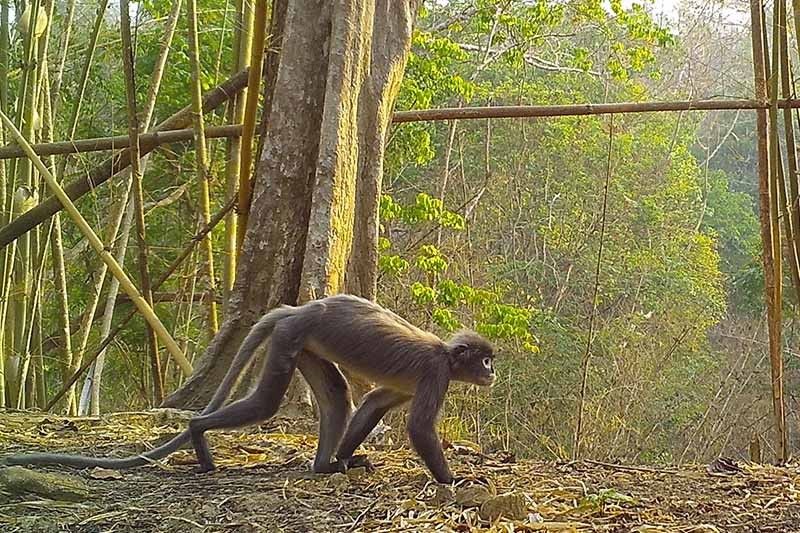More than 200 new species found in Mekong region — WWF

BANGKOK, Thailand — Scientists discovered more than 200 new species across the greater Mekong region in 2020, according to a WWF report, despite the threats posed by climate change and human activities such as logging.
The finds include a new primate, a colourless cavefish and an iridescent snake with an unusual non-overlapping pattern of scales.
In all, 224 new species of plants and vertebrate animals were found in the region—which includes Myanmar, Thailand, Laos, Cambodia and Vietnam—WWF said in its "New Species Discoveries" report.
Images of the Popa langur monkey, which takes its name from the extinct volcano Mount Popa in central Myanmar, were caught by camera traps.
The mountain is still home to the largest population of the reclusive simian, around 100 individuals, WWF said.
Only around 200 to 250 of the monkeys—which are threatened by hunting, logging and loss of habitat—are thought to survive in total.
In Vietnam, researchers found the vivid-coloured Mount Ky Quan San horned frog at an altitude of more than 2,000 meters (6,500 feet) on the peak which gives it its name.
The greater Mekong region, with landscapes ranging from jungles to mountains and karst formations, is a hugely important biodiversity hotspot.
It is home to some of the world's most impressive—and most endangered—species including the tiger, the Asian elephant and the Mekong giant catfish.
WWF have said the rate of discovery of new species—more than 3,000 since 1997—shows the importance of preserving the region's fragile ecosystems.
- Latest






























